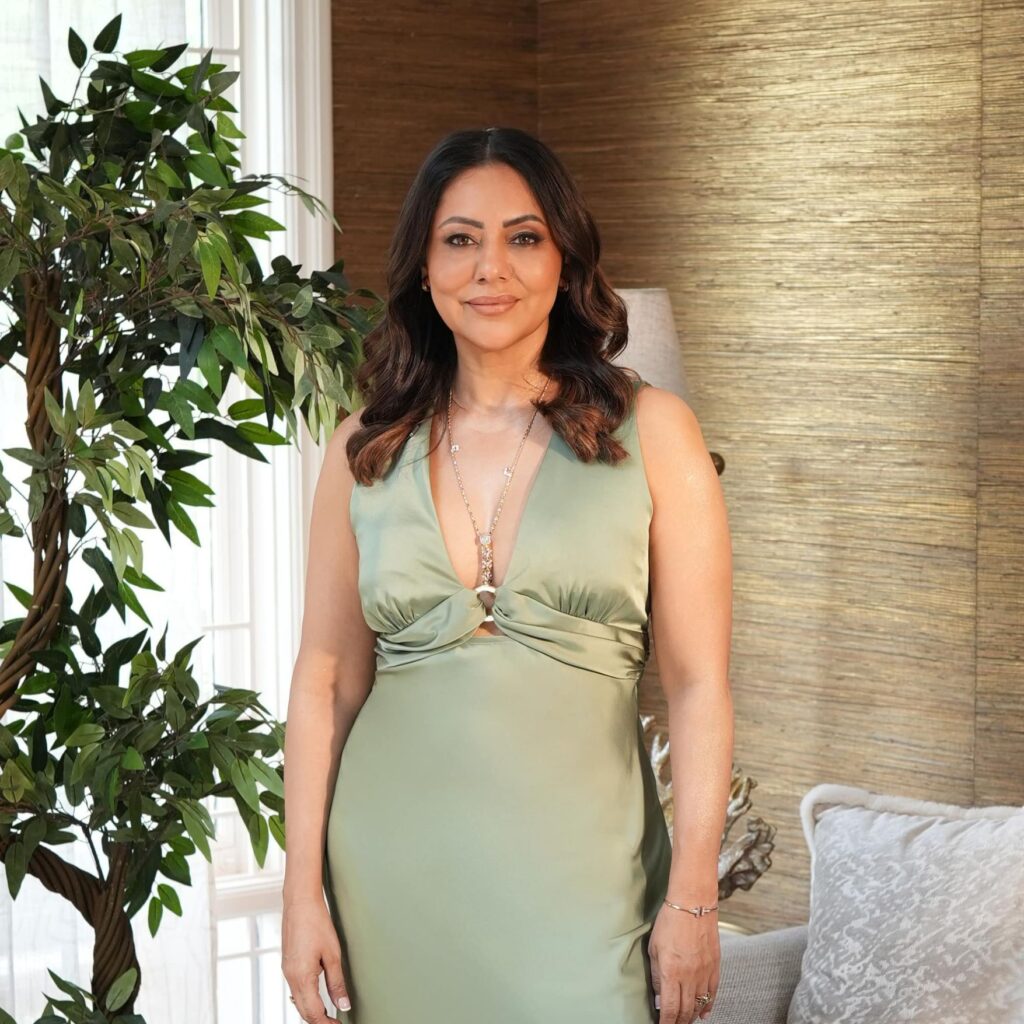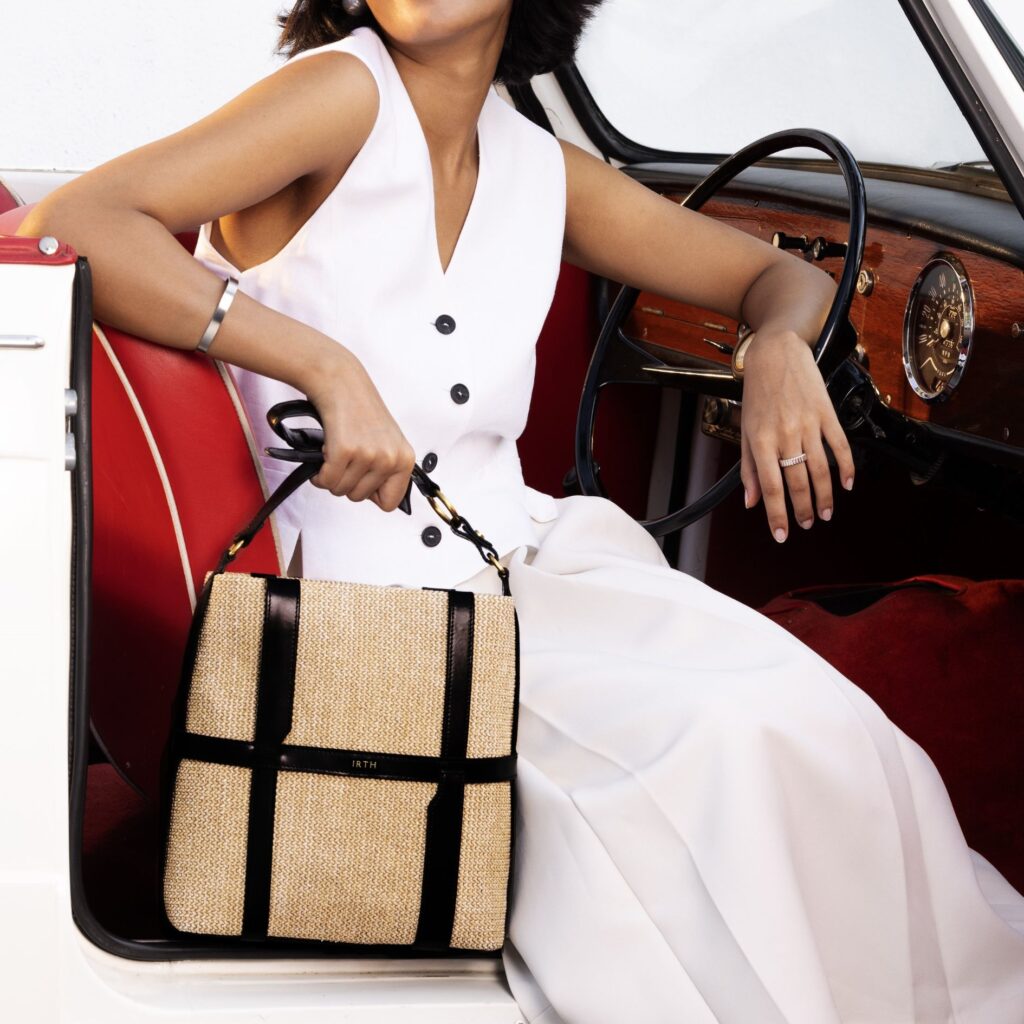The Thank You For Coming director, discusses his latest project, the films that have left an impact on him, and more.
- Culture & Travel
Filmmaker Karan Boolani On the Power of Storytelling, Female Orgasms, and Making People Uncomfortable
- ByMeghna Sharma

Karan Boolani
The Word: Thank You For Coming is a film centred around female pleasure. While directing it, were you conscious about how you approached the subject…to ensure the ‘male gaze’ doesn’t lurk in?
Karan Boolani: “Our writer Radhika Anand’s one-line description was enough to make me curious about the story: ‘A girl, who has never had an orgasm, wakes up one morning to realise that she eventually did, but cannot remember with whom’. Once we started developing the story, I tried to ensure that I was constantly finding creative ways to keep the story moving forward…while also trying to protect what the girls were looking to say.”
“When you get the audience to come to the cinema, it’s important to make sure that you add value to their experience. I feel that it’s the job of the director to ‘move’ an audience—in whatever direction they see fit.”
TW: The film addresses a lot of topics like sexuality, gender, fidelity, pleasure, and insecurities. Do you think cinema today is a great tool to raise awareness and speak about issues that matter?
KB: “Yes, of course! As a filmmaker, I believe there is power in storytelling, and a good story will always find its audience. Since the trailer was released, we have received an overwhelming response, even at a global level after Thank You For Coming’s premiere at the Toronto International Film Festival (TIFF). So audiences definitely want to see new things and if you have something explosive to say, try saying it with a pinch of humour.”
TW: Were you expecting any backlash for the film? Especially from men, who might feel that the film potentially portrays them all as inept at pleasuring women.
KB: “After the release, it has been more positive than negative. In fact, a lot of men called me to tell me that they enjoyed the film and did not feel attacked. Just yesterday, I received a few messages and calls from my mother’s friends asking why this film was not made 20 or 30 years ago… Over the weekend, I snuck into a cinema hall and observed the audience’s reaction while watching the film—there’s something magical about it…when you see them react, or laugh at the exact same moments you did while editing the film. Yes, the film has also made some people uncomfortable, which, in my opinion, is always fun.”
Instagram will load in the frontend.
TW: How was it working with family? Was it tough navigating stressful situations on set?
KB: “If you have mutual respect for the people you work with, you can always find ways of working together…family or friends.”
TW: Karan, how would you describe yourself?
KB: “An introvert. Shy. Over-thinker. I prefer reading and listening to music over watching films.”
TW: And how would people closest to you describe you?
KB: “I don’t know, you will have to ask them.”
TW: What’s the one relationship advice you’d like to give?
KB: “It’s important to ensure you are in charge of your own happiness and don’t put that responsibility on your partner.”
Instagram will load in the frontend.
TW: What genre of films do you love the most…and the least, and why?
KB: “I love comedies. I am not a fan of horror—I prefer to laugh than get scared.”
TW: Tell us about the directors and actors whose works have inspired you over the years.
KB: “There is nobody I admire more than [director and actor] Martin Scorsese and [director] Stanley Kubrick. They are both masters at their craft with a solid body of work. I am also a big fan of anything [filmmaker and musical composer] Sanjay Leela Bhansali does.”
TW: Are there any recent films that have left an impact on you?
KB: “The Holdovers [2023] by Alexander Payne, and RRR [2022] by S.S. Rajamouli—his action scenes are choreographed like dance sequences.”
TW: As a director, what’s the body of work you hope to create?
KB: “I am always looking for a good story. When you get an audience to come to the cinema, it’s important to make sure that you add value to their experience. I feel that it’s the job of the director to ‘move’ an audience—in whatever direction they see fit. My dream is to explore every genre, and to be on set every year shooting a film.”
READ MORE
- Gauri Khan, On Her New Experience Centre In Delhi, Her Favourite Spot At Home, and Great Décor Advice
- With IRTH’s New Store in Noida, The Brands Adds To Its Joyful Delights
- Ranbir Kapoor’s New Perfume, ARKS Day, Reminds Him of His Childhood
- Your Interiors Will Love The Colour and Design Predictions By Asian Paints’ ColourNext Forecast for 2025
- “India is an Incredible Source of Inspiration for Me, and I Want to Connect With the Hearts of Indian Women”





